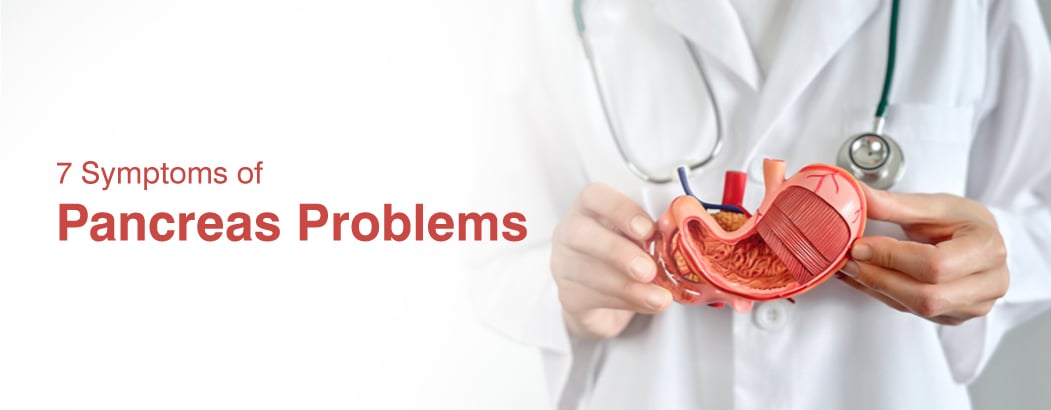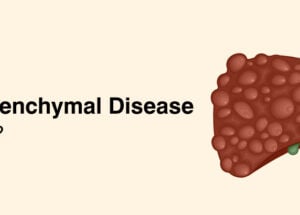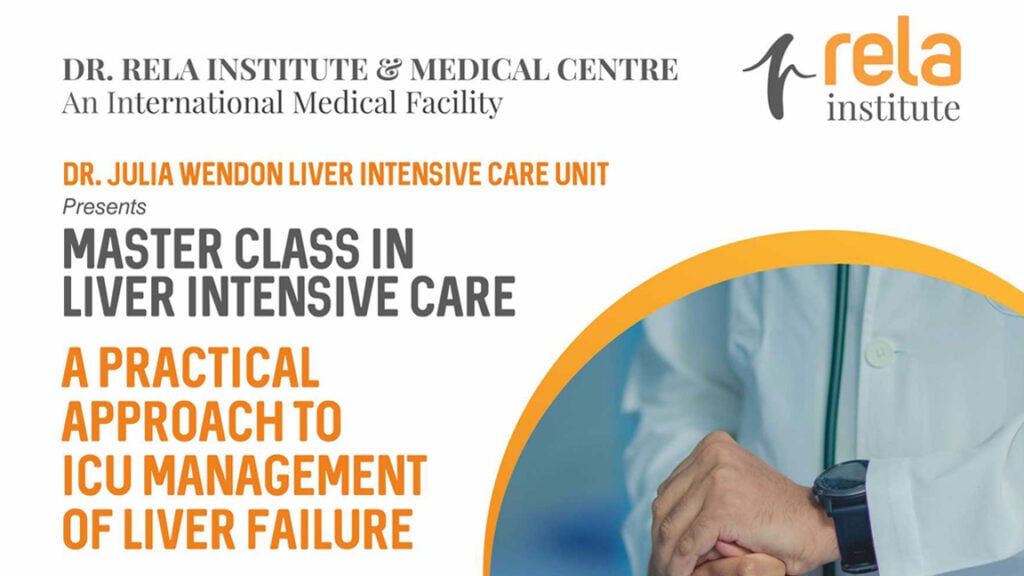Overview
Hepatitis B is a serious public health issue affecting millions of people worldwide. This viral infection can cause acute and chronic liver disease, leading to severe complications if left untreated. Therefore, it is essential to thoroughly understand the disease, its causes, and how it can be prevented.
What is Hepatitis B?
Hepatitis B is a viral infection that attacks the liver and can cause acute or chronic disease. The Hepatitis B virus (HBV) is spread through contact with infected bodily fluids such as blood, semen, and vaginal secretions. HBV can also be transmitted from mother to child during childbirth.
Symptoms of Hepatitis B
The symptoms of Hepatitis B can vary from person to person. Some people may not experience any symptoms, while others may develop symptoms such as
- Fatigue
- Abdominal pain
- Nausea
- Vomiting
- Joint pain
- Dark urine.
Some people may also develop jaundice, a yellowing of the skin and eyes.
Risk factors and causes
Risk factors for Hepatitis B include:
- Being born to a mother who is infected with Hepatitis B
- Being sexually active with an infected partner
- Sharing needles or other drug-injecting equipment
- Having a job that involves contact with human blood
- Living in or travelling to regions with high rates of Hepatitis B, such as Asia, Africa, or the Pacific Islands
The virus is spread through contact with infected blood or bodily fluids, such as during unprotected sex, sharing needles, or from mother to baby during childbirth.
Types of Hepatitis
There are several types of hepatitis, each caused by a different virus. The most common types of hepatitis are:
- Hepatitis A: This type of hepatitis is caused by the Hepatitis A virus and is usually spread through contaminated food or water or close contact with an infected person. Hepatitis A typically causes acute (short-term) infection, and most people recover fully without treatment.
- Hepatitis B: This type of hepatitis is caused by the Hepatitis B virus and is usually spread through contact with infected blood or other bodily fluids, such as semen or vaginal secretions. Hepatitis B can cause acute or chronic (long-term) infection, leading to liver damage, cirrhosis, and liver cancer.
- Hepatitis C: This type of hepatitis is caused by the Hepatitis C virus and is usually spread through contact with infected blood. Hepatitis C can cause acute or chronic infection, leading to liver damage, cirrhosis, and liver cancer.
- Hepatitis D: This type of hepatitis is caused by the Hepatitis D virus and can only occur in people already infected with Hepatitis B. Hepatitis D can cause acute or chronic infection, leading to more severe liver damage than Hepatitis B alone.
- Hepatitis E: This type of hepatitis is caused by the Hepatitis E virus and is usually spread through contaminated food or water. Hepatitis E typically causes acute infection; most people recover fully without treatment.
How Common Is Hepatitis B in India?
Hepatitis B is a significant public health issue in India, with an estimated 40 million infected people. In addition, India has one of the highest rates of Hepatitis B infection in the world, with an estimated 3-4% of the population infected.
Hepatitis B Diagnosis
Hepatitis B can be diagnosed through a blood test that checks for the presence of HBV antigens and antibodies. If you have been exposed to the virus, your doctor may also perform a liver function test to see how well your liver works.
Hepatitis B Treatment
While there is no cure for Hepatitis B, treatments available can help manage the symptoms and slow the progression of the disease.
Hepatitis B Complications
If left untreated, Hepatitis B can lead to severe complications such as cirrhosis (scarring of the liver), liver failure, and liver cancer. Therefore, it is vital to seek medical attention if you suspect you may have been exposed to the virus.
Hepatitis B and Pregnancy
Pregnant women infected with Hepatitis B can pass the virus on to their babies during childbirth. However, steps can be taken to reduce the risk of transmission, including a vaccine for the newborn and administering hepatitis B immune globulin (HBIG) to the infant.
Hepatitis B Prevention
- Get vaccinated against Hepatitis B.
- Practice safe sex by using condoms.
- Avoid sharing needles or other drug-injecting equipment.
- Ensure that all medical equipment is properly sterilised.
- Use only sterile instruments for tattoos, piercings, and other body modifications.
- Wash your hands thoroughly with soap and water before eating or preparing food.
- Avoid contacting the bodily fluids of someone infected with Hepatitis B.
- Do not share personal items such as toothbrushes, razors, or nail clippers with someone infected with Hepatitis B.
- Be cautious when travelling to countries with high rates of Hepatitis B, and avoid consuming food or beverages that may have been contaminated with the virus.
- If you are pregnant and have Hepatitis B, talk to your doctor about steps to reduce the risk of transmission to your baby during childbirth.
Who to consult for HBV?
If you suspect that you may have Hepatitis B or have been diagnosed, you should consult a healthcare professional. A primary care physician or a specialist in infectious diseases or gastroenterology can help diagnose and manage Hepatitis B. In addition, a hepatologist, a physician specialising in liver diseases, may also be involved in caring for people with Hepatitis B. It’s crucial to find a healthcare professional who has experience and expertise in managing Hepatitis B to ensure that you receive the appropriate care and treatment.
People also ask
1. What is Hepatitis B caused by?
Hepatitis B is caused by the Hepatitis B virus (HBV). The virus is transmitted through contact with infected blood or bodily fluids, such as semen or vaginal secretions. It can also be passed from an infected mother to her baby during childbirth.
2. Is Hepatitis B very serious?
Hepatitis B can be a severe and potentially life-threatening condition, particularly if it progresses to chronic infection and liver damage. While some people may experience only mild or no symptoms, others may develop severe symptoms, such as jaundice, abdominal pain, and liver failure.
3. Is Hepatitis B curable or not?
There is currently no cure for Hepatitis B, but treatments are available to manage the symptoms and slow the progression of the disease. In some cases, people with acute Hepatitis B may recover independently without treatment.
4. Can Hepatitis B be treated?
Yes, Hepatitis B can be treated with antiviral medications by doctors, which can reduce the amount of virus in the body and lower the risk of complications. Treatment options may depend on the stage of the infection, the severity of symptoms, and other factors. It’s important to discuss treatment options with a healthcare professional.



















